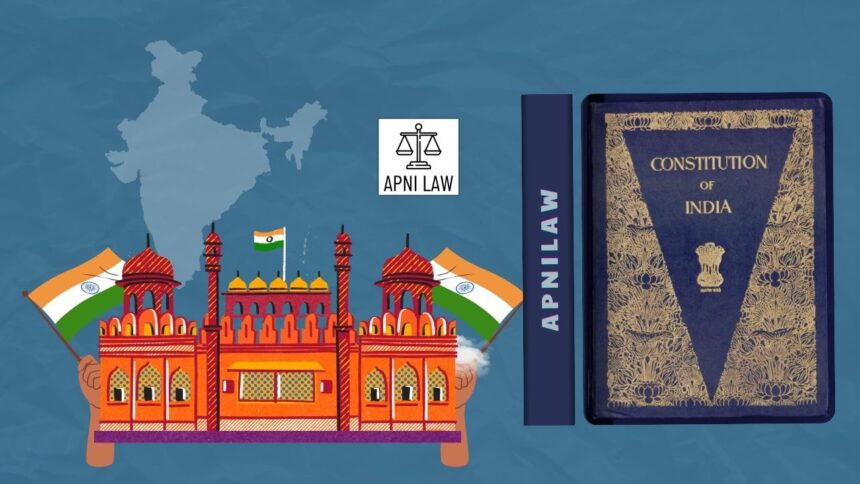Introduction
The Committee on Public Undertakings, commonly called COPU, is one of the major financial committees of the Indian Parliament. It examines how public sector undertakings use public money and whether they operate efficiently. This committee promotes accountability in government-owned companies and helps Parliament monitor their performance. It also strengthens democratic control over public expenditure by ensuring that every rupee invested in these undertakings serves a clear public purpose.
Meaning and Purpose of COPU
COPU studies the reports of the Comptroller and Auditor General related to public sector undertakings. These undertakings work with public funds, so they must justify their financial decisions and operational performance. The committee ensures that they follow sound business principles and maintain financial discipline. It also checks whether they deliver value for the money invested by the government. Through its reviews, the committee highlights both achievements and weaknesses in the functioning of these undertakings.
Composition of the Committee
COPU consists of twenty-two members, fifteen from the Lok Sabha and seven from the Rajya Sabha. Members are elected every year through proportional representation by means of a single transferable vote. The Speaker of the Lok Sabha appoints its chairperson. Ministers do not serve on the committee because it must remain neutral and independent from the executive. This separation preserves the committee’s credibility and allows it to examine public undertakings without political pressure.
Functions of COPU
The committee studies CAG reports that relate to public undertakings and evaluates their financial statements. It checks whether these undertakings follow accepted business standards and maintain a reasonable rate of return. COPU reviews issues such as mismanagement, financial irregularities, wasteful expenditure and operational weaknesses. It also examines corporate governance practices and suggests steps for improvement. Its recommendations often lead to reforms that promote efficiency, transparency and better management within public undertakings.
Matters Outside Its Jurisdiction
The committee does not analyse government policies because policy decisions lie with the executive. It also avoids matters related to daily administration. Its role focuses on oversight, not management. In addition, the committee does not look into issues that another parliamentary committee is already studying. This avoids duplication and keeps parliamentary work organised and effective.
Importance of COPU in Governance
The Committee on Public Undertakings plays an essential role in protecting public interest. Public sector undertakings were created to support economic growth, generate employment and promote balanced development. However, many undertakings have faced problems such as losses, inefficiency and poor governance. COPU identifies these issues and pushes the executive to take corrective steps. Its work promotes transparency and helps ensure that public undertakings operate in a professional and responsible manner. This oversight also strengthens trust in public institutions by showing that taxpayers’ money is handled carefully.
Impact of COPU’s Findings
Although its reports are advisory, they carry strong persuasive value. Once COPU presents its findings in Parliament, ministries and undertakings must respond. They submit explanations, action plans and progress reports. Over the years, COPU’s recommendations have led to tighter financial controls, stronger audit mechanisms and better management systems in public undertakings. These outcomes improve accountability and encourage responsible decision-making across the public sector.
Conclusion
The Committee on Public Undertakings holds a central place in India’s parliamentary system. It ensures that public undertakings function efficiently, maintain transparency and remain accountable for the funds they receive. By evaluating their performance and recommending improvements, COPU protects public resources and strengthens democratic oversight. Its work supports better governance and contributes to a more transparent and responsible public sector.







